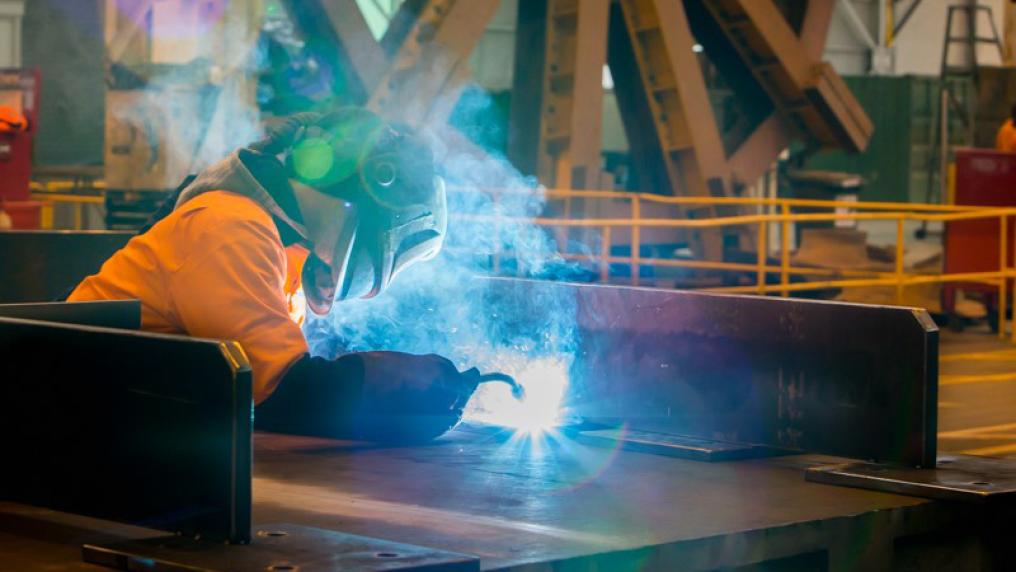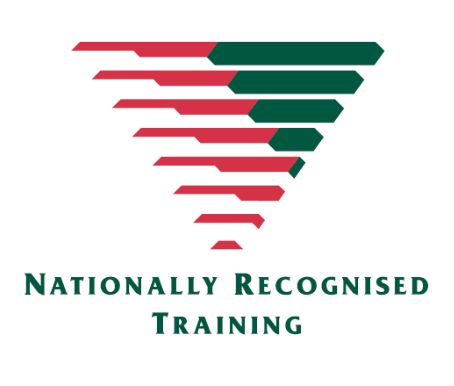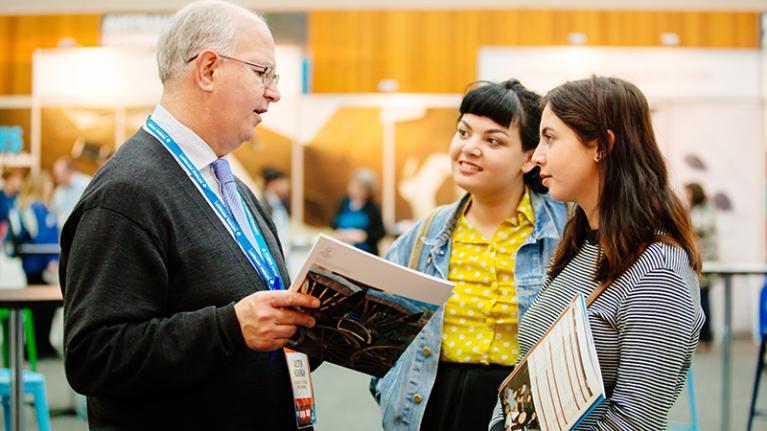Apprenticeship applicants must complete to determine suitability:
Pre-training Review (PTR)
Literacy and numeracy assessment
must be employed as an apprentice
must have an active Epsilon number prior to commencing the course.
Meeting the minimum admission requirements does not guarantee you entry into this course.
Some courses receive more applications than the number of places available. In this situation we will also assess your education, work and other relevant experience.
Special entry programs
Special admission programs
If you are from a disadvantaged or underrepresented social, economic or cultural background, you may be eligible for one of our special admission programs. These programs are designed to help you access education more easily.
Learn more about special entry programs
VU Early Entry
If you're currently in Year 11 or 12, our exclusive VU Early Entry program comes with a Conditional Offer to the course of your choosing*, a personalised course plan, special events, exclusive discounts and access to one-on-one course advice.
*Conditions apply.


 This course is nationally recognised training.
This course is nationally recognised training.


